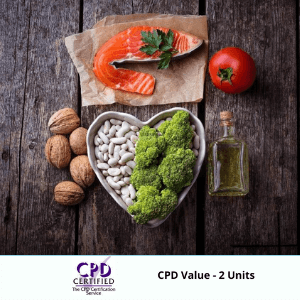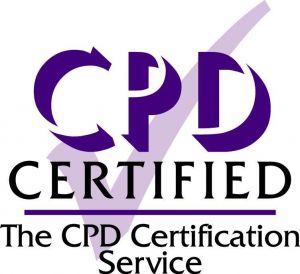Nutrition and Hydration Training
Nutrition, and what constitutes a ‘balanced diet’ is discussed in relation to food groups and portions. Saturated and unsaturated fats are examined, and their sources are discussed. We also look at simple and complex carbohydrates, the effect they have on the body and their sources.
Food as an energy source and what the requirements of different individuals are based on age, gender, environment and physical activity. Hydration is an important part of good health and we cover the effects of dehydration including fatigue, low blood pressure, stomach ulcers and obesity.
The course looks at the different stages of life, from childhood to old age, and identifies the nutrients that are most relevant to each age group. We also look at the dangers of free radicals, the damage they cause and how their effects can be neutralised through antioxidants.
Malnourishment can be very hard to detect, and it is estimated that about 3 million people in the UK are malnourished. In isolation, some of the symptoms may not alert service providers of malnourishment, but with the presence of other factors, it can be identified. We introduce you to a five-step tool to help to identify malnourishment, especially in vulnerable elderly people. This tool is used to enable service providers put pathways be put in place early.
| Course Content | Module |
| The Course Structure | 1 |
| Defining the Terms | 2 |
| The Eatwell Plate | 3 |
| Hydration | 4 |
| Through-Life Nutrition | 5 |
| Malnutrition and Overnutrition | 6 |
| The Malnutrition Universal Screening Tool | 7 |
Nutrition and Hydration Training
CPD Units ‘2’
Online assessment is carried out by a series of multiple choice questions. Candidates require 70% correct answers to secure a pass. PDF certificate will be sent directly to your inbox. Hard copy certificate on requrest. Duration: 65 minutes (Note: This is based on the amount of video content shown and is rounded off. It does not account in any way for loading time or thinking time on the questions).



